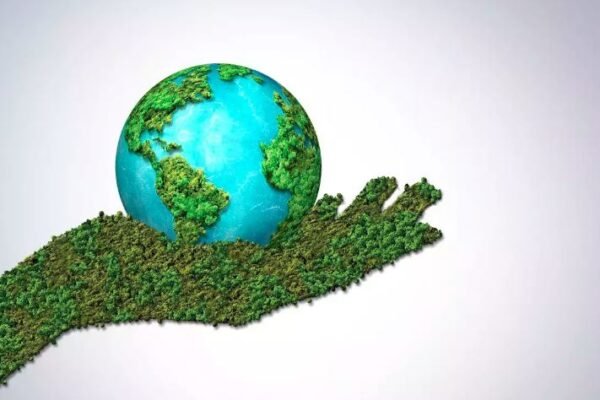
How to Promote Environmental Ethics in Academia
Promoting environmental ethics in academia is essential in fostering a culture of sustainability and awareness about ecological issues among students, faculty, and the wider community. Here are several effective strategies to integrate and promote environmental ethics within academic institutions: Curriculum Development – Incorporate Environmental Ethics Courses: Develop and offer courses specifically focused on environmental ethics,…















